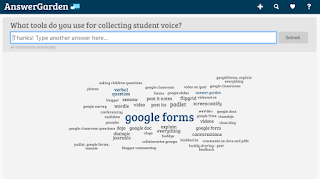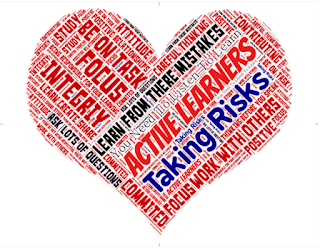Plan for what's in front of you; James Hopkins
Are we using the opportunity to teach rich conceptual understandings or are we simply teaching factual information? James Hopkins challenges educators to teach the 'why' and cater it to the 'who', as opposed to focussing simply on the 'what', or teaching a series of facts. For example, many educators 'cover' the Treaty of Waitangi, by encouraging students to learn the main facts of the event, as opposed to looking at it through a conceptual lense and posing deeper questions, such as how it is relevant in 2018, who benefited etc. But we are still concerned with curriculum coverage, of covering content. When we plan we focus on our curriculum achievement objectives, but rarely do we visit the key competencies or values when we flick through the curriculum document. James asked us to highlight a piece of our planning indicating where we were teaching content, behaviour and skills. As a group, we noted the large amount of 'content' in our pl...



